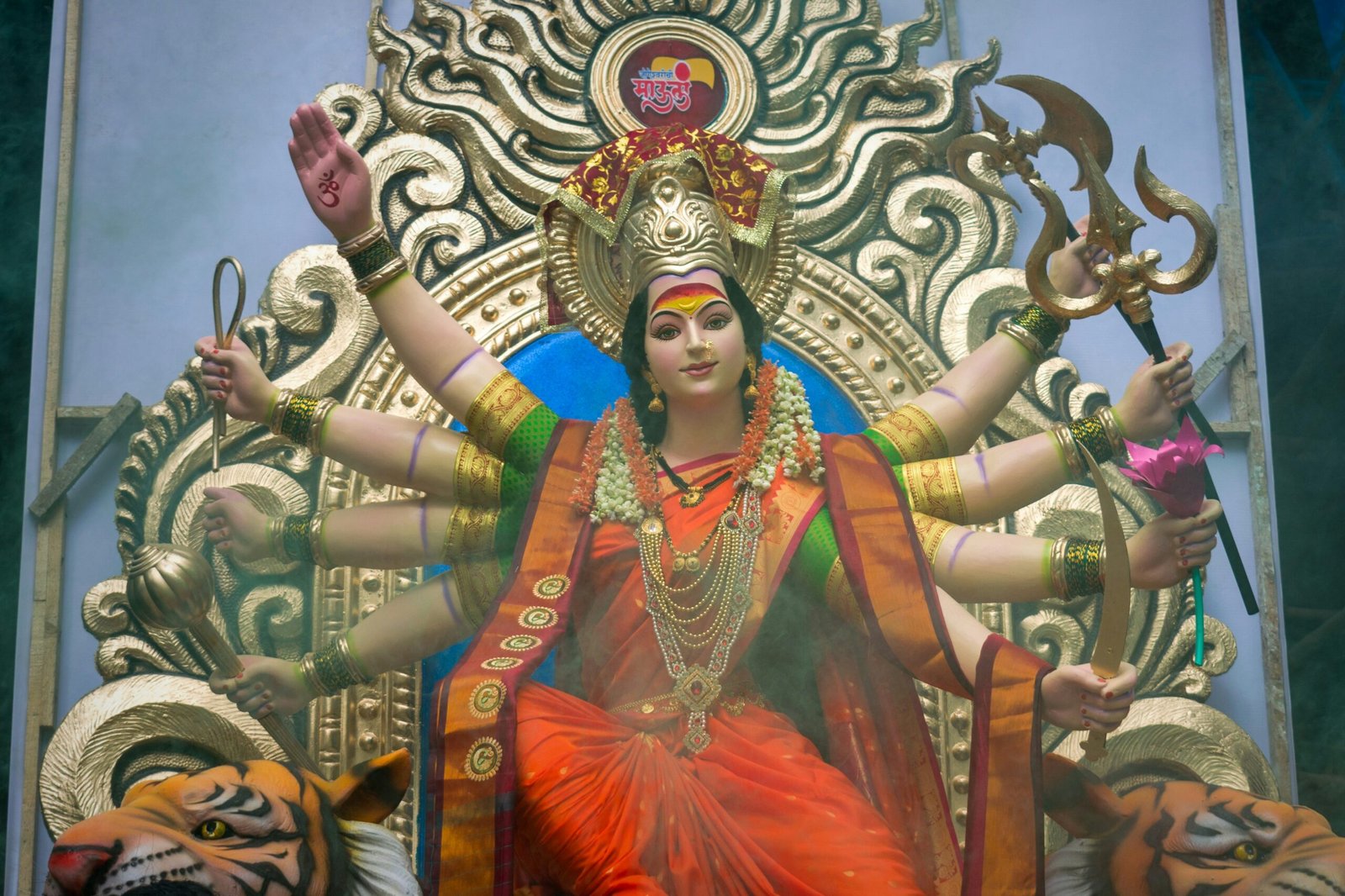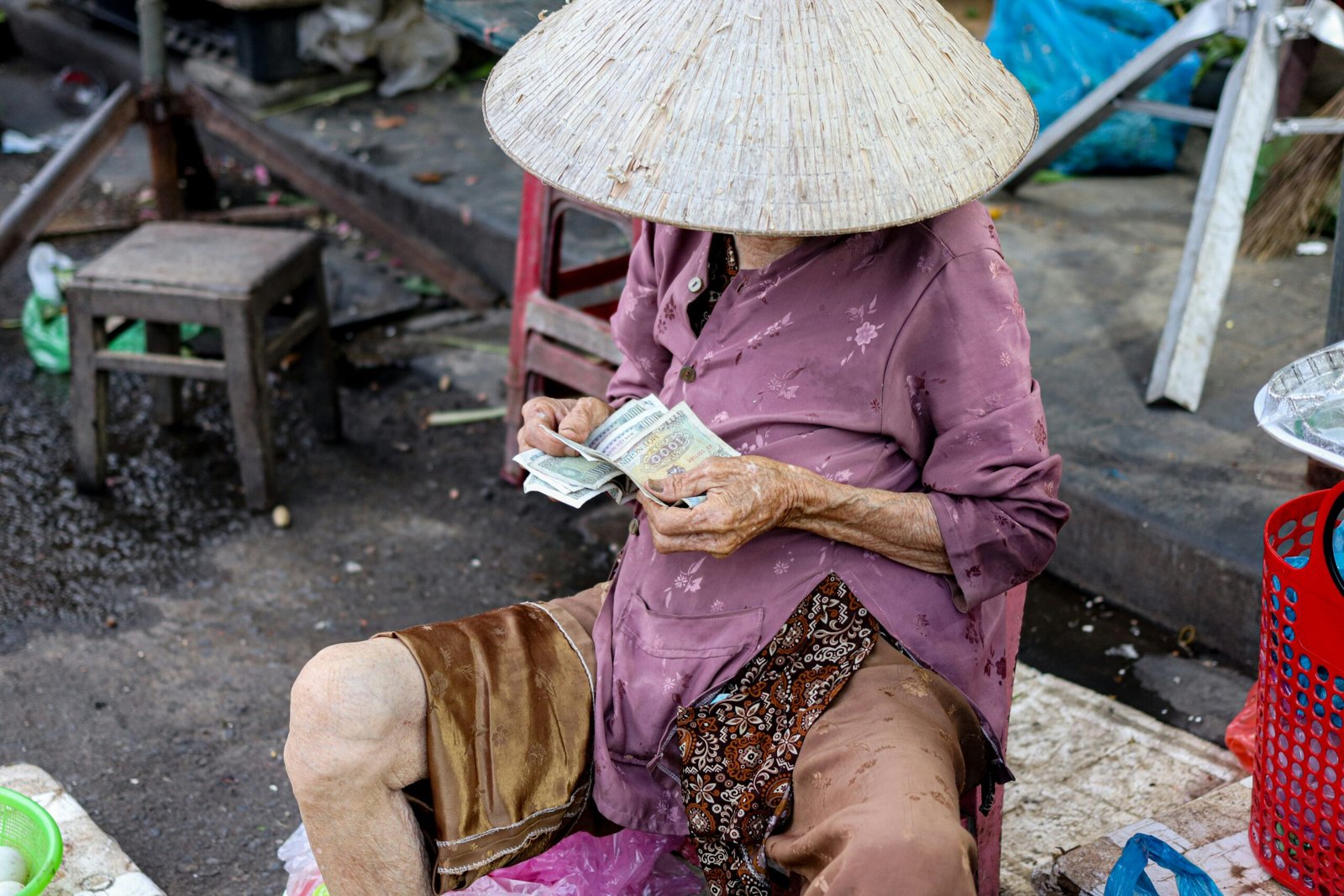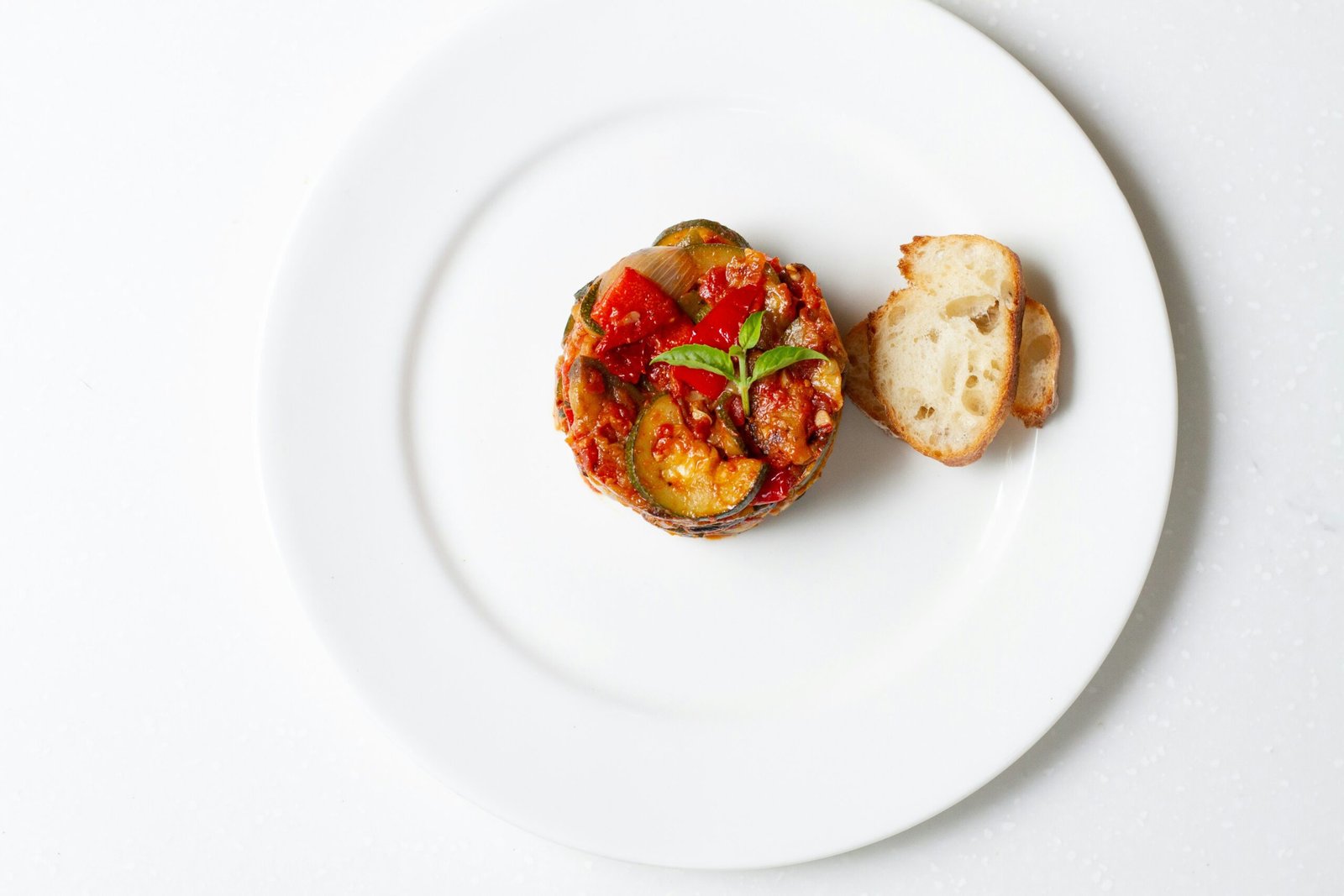
Understanding Moroccan Culture
Moroccan culture is a rich tapestry woven from the threads of diverse influences, including Berber, Arab, and French elements. One of the core values that define this culture is its emphasis on hospitality. Moroccans take great pride in welcoming guests into their homes, often offering food and drink as a demonstration of their warmth and generosity. It is customary for visitors to be offered a glass of mint tea, a symbol of hospitality, which highlights the importance of social interactions in daily life. Understanding this practice can greatly enhance one’s experience and interactions with locals.
Another significant aspect of Moroccan culture is the importance placed on family ties. In Moroccan society, family is often viewed as the cornerstone of life. Extended families commonly live together or maintain close proximity, fostering strong bonds among relatives. Respect for elders and the value of family gatherings play a critical role in shaping social norms. When engaging with locals, demonstrating an understanding of family dynamics can facilitate smoother interactions and foster mutual respect.
Religion also plays a pivotal role in Moroccan culture, with the majority of the population adhering to Islam. This religious influence permeates various aspects of daily life, including traditional customs, dietary restrictions, and public behavior. Observing practices such as prayer times and understanding the significance of Ramadan can enrich one’s cultural experience. Additionally, being aware of the interplay between religion and local customs is crucial for respectful interactions with Moroccan people.
Overall, a deep appreciation of Moroccan culture—rooted in hospitality, family values, and religious practices—can lead to meaningful connections with locals. Grasping these cultural norms is essential for travelers who wish to engage authentically, ensuring enriching experiences during their stay in this vibrant country.
The Art of Greeting in Morocco
In Morocco, greetings play a vital role in establishing social connections and showcasing respect within the community. The traditional verbal exchange often begins with a polite “Salam Alaikum,” meaning “peace be upon you,” which is typically responded to with “Wa Alaikum Salam.” This phrase forms the foundation of most interactions and is a sign of goodwill. Additionally, greetings can vary depending on the time of day, with options such as “Sabah al-khayr” (good morning) and “Masa al-khayr” (good evening) being commonly used.
A significant aspect of Moroccan greetings hinges upon the importance of personal touch. A handshake is customary among men and is often accompanied by a smile and an inquiry about one’s health or family. While handshakes are generally firm, Moroccans usually take care to ensure that the handshake is gentle and respectful. It is noteworthy that men and women should avoid physical contact if they are not acquainted; thus, women may extend a hand to shake, but a simple nod or smile may suffice in return for a man’s greeting.
Furthermore, using appropriate titles during greetings reflects one’s awareness of Moroccan social structure. Titles such as “Mr.” or “Mrs.,” or professional titles can be used as a sign of respect, particularly when addressing those in positions of authority or elders. When greeting a group, it is polite to address the most senior member first. Understanding these nuances in greetings highlights the significance of etiquette in Moroccan culture, aiding foreign visitors to foster positive interactions. Mastering the art of greeting in Morocco is not merely about the words used, but also about the respect and cultural sensitivity behind those words.
Dining Etiquette: Sharing Meals with Locals
Dining in Morocco is not merely about sustenance; it is a profound cultural experience that embodies hospitality and community. Meals are often served in communal dishes, encouraging the sharing of food among family and guests. Traditionally, Moroccans use a circular, low table adorned with a variety of dishes, whereby everyone gathers around to enjoy the meal together. This communal aspect reflects a deep-rooted belief in the importance of sharing and togetherness, central to Moroccan culture.
One notable dining custom revolves around the use of the right hand. In Morocco, it is customary to eat with the right hand only, as the left hand is generally regarded as impolite for eating. This practice stems from cultural and religious beliefs, emphasizing cleanliness and respect at the dining table. Guests should be mindful to follow this custom, as it signifies etiquette and an understanding of local traditions.
A staple of Moroccan cuisine is the tagine, a slow-cooked stew named after the earthenware pot it is cooked in. Tagines can be made with various ingredients, including lamb, chicken, or a variety of vegetables, often flavored with spices unique to the region. When dining, it is common for guests to take portions directly from the tagine, using pieces of bread to scoop up the food. This method of dining adds to the sociability of the meal, allowing for interaction and the sharing of stories.
Furthermore, the ritual of tea drinking plays a significant role in Moroccan hospitality. The preparation and serving of mint tea, often referred to as “Moroccan whiskey,” is a ceremonial process. It is customary for the host to pour the tea from a height, symbolizing the importance of the beverage in fostering relationships. Guests are encouraged to partake in multiple servings, reflecting a warm welcome and camaraderie. Understanding these dining customs will enhance your experience in Morocco, allowing you to connect more deeply with locals.
Dress Code and Personal Appearance
Morocco is a country rich in cultural diversity and traditions, which are reflected in its dress code and personal appearance. Understanding the expectations surrounding clothing can greatly enhance one’s interactions with locals. Modesty is a key principle in Moroccan society, influencing both men’s and women’s attire. Generally, it is advisable for travelers to dress conservatively to show respect for local customs.
For women, wearing loose-fitting clothing that covers the arms and legs is often appreciated. Items such as long dresses, skirts, or trousers paired with blouses are suitable choices. While Western clothing is commonly seen in urban areas, it is prudent to avoid revealing outfits, particularly when visiting rural regions or religious sites. A scarf can be a useful accessory, not only for head coverage but also for protection against the sun in arid climates.
Men, too, should aim for modesty in their attire. Long pants and collared shirts tend to be appropriate, particularly in more conservative areas. It is best to avoid shorts and shirtless looks to prevent unintended offense. Although younger Moroccans may adopt various Western styles, the overarching norm favors a more traditional and polished appearance.
Cultural nuances regarding clothing can also vary between regions. For instance, urban centers like Marrakech may exhibit a more eclectic mix of styles, while rural areas may emphasize traditional garments such as the djellaba or kaftan, along with babouche shoes. As visitors engage with locals, they may find that dressing respectfully can foster goodwill and pave the way for more meaningful interactions.
Ultimately, being mindful of the dress code in Morocco not only demonstrates cultural sensitivity but also allows for a deeper appreciation of the country’s rich heritage and diverse social fabric.
Body Language and Communication Styles
In Morocco, body language and communication styles significantly shape interactions among locals. Understanding these nuances is essential for fostering respectful and effective dialogues. One critical aspect of communication in Moroccan culture is the use of physical touch. Handshakes are a common greeting, typically accompanied by a warm smile and eye contact. However, physical touch varies greatly based on gender; men may freely shake hands, while interactions between men and women could be more reserved. It is essential to gauge the comfort level of others before initiating physical contact.
Eye contact also plays a vital role in Moroccan communication. Direct eye contact is generally perceived as a sign of confidence and sincerity, and it helps establish a connection during conversations. Nonetheless, excessive eye contact may be interpreted as confrontational or disrespectful, particularly in conversations with elders or individuals of higher status. Consequently, it is advisable to maintain a balance by engaging with eye contact comfortably.
The importance of tone and expression further enriches conversations in Morocco. The emotional undertones conveyed through tone can significantly affect the message being communicated. A warm and inviting tone is generally appreciated, as it conveys respect and friendliness. Moreover, facial expressions serve as powerful unspoken cues, helping to convey enthusiasm, agreement, or disagreement. Locals often rely on these non-verbal signals to gauge the sentiment behind the spoken word.
Additionally, it is crucial to be mindful of common unspoken cues. For instance, gesturing with the palm facing down when offering something is deemed polite, whereas pointing with one finger can be considered rude. By observing and respecting these communication norms—rooted deeply in Moroccan culture—individuals will find themselves engaging more effectively with locals, fostering better relationships and deeper cultural exchanges.
Respecting Religion: Islamic Practices and Customs
Islam is deeply woven into the fabric of Moroccan society, influencing daily life, social interactions, and cultural norms. One of the most significant aspects of Islamic practice in Morocco is the five daily prayers, known as Salah, which occur at specific times throughout the day. During these prayer times, many businesses pause operations, and individuals can often be seen heading to mosques or engaging in personal prayer. As a visitor, it is essential to be respectful during these times, refraining from loud conversations or disruptive behavior in public spaces.
Another important religious observance in Morocco is Ramadan, the holy month of fasting. Muslims in Morocco practice fasting from dawn until sunset, abstaining from food, drink, smoking, and marital relations during daylight hours. Visitors should be mindful of this practice, especially in mixed settings, and avoid eating, drinking, or smoking in public during daylight. This consideration not only shows respect for local customs but also fosters a deeper connection with the community. It is also customary to break the fast with a meal called iftar after sunset, which is often a communal event.
Engaging respectfully with locals about their beliefs and customs is crucial. When discussing religious practices, it is advisable to approach the subject gently, showing genuine interest and goodwill. Avoid making assumptions or generalizations about Islam or its followers, as such attitudes can sometimes be perceived as insensitive. Instead, ask questions that invite open dialogue, allowing locals to share their perspectives if they choose. By demonstrating respect for Islamic practices and understanding their significance, visitors to Morocco can enrich their interactions with the local community and gain valuable insights into its cultural heritage.
Navigating Taboos: What to Avoid
When engaging with locals in Morocco, it is crucial to be mindful of the cultural sensitivities that govern polite conversation. Certain topics are considered taboo and can lead to discomfort or offense; therefore, avoiding them is paramount in preserving harmonious interactions. Two major areas to navigate carefully include politics and religion, both deeply rooted in the societal fabric of the country.
Politics in Morocco can be a sensitive subject. Discussing the monarchy or expressing opinions on governmental policies can provoke strong reactions. Moroccans may feel uncomfortable discussing political matters in public settings, and such discussions are often best kept for trusted friends or private environments. Instead, it is advisable to steer conversations towards neutral topics such as local culture, cuisine, or travel experiences. This way, you can engage meaningfully without risking a misstep into contentious territory.
Similarly, religion plays a fundamental role in Moroccan life. As an Islamic country, the majority of Moroccans observe Islamic customs and values. Conversations that trivialize or question religious practices can be seen as disrespectful. It is wise to avoid discussing personal beliefs, religious practices outside of Islam, or any critical perspectives on the faith. To ensure respectful interactions, one might instead inquire about local customs or practices that showcase the rich tapestry of Moroccan culture.
Another sensitive issue pertains to discussions regarding sexuality. Conversations about sexual orientation, practices, or laws related to sexual behavior can be viewed as inappropriate. Being mindful of the cultural conservatism surrounding these topics will serve to enhance dialogue and understanding. By approaching conversations with sensitivity and respect, one can foster a more welcoming atmosphere that encourages meaningful exchanges without encroaching on personal boundaries.
Engaging in Local Customs and Traditions
Morocco boasts a rich tapestry of customs and traditions that shape the social fabric of its society. When visiting, it is essential for travelers to embrace these cultural elements, especially during significant events like weddings, religious holidays, and local festivals. Each occasion provides an opportunity to engage with locals, allowing visitors to foster connections while gaining insight into Moroccan heritage.
Weddings in Morocco are elaborate events celebrated with great enthusiasm. These festivities often last several days, showcasing a blend of traditional music, dance, and food that captures the essence of Moroccan hospitality. It is common for individuals not directly invited to the wedding to partake in the celebration, creating a communal atmosphere. Visitors are encouraged to dress modestly and respectfully, as Moroccan culture places high value on attire, particularly during such important occasions. Engaging with the festivities, sampling traditional dishes, and participating in dances can offer a memorable insight into the Moroccan way of life.
Religious holidays, particularly Ramadan, also highlight the significance of cultural customs. During this month, Muslims fast from dawn to sunset, and breaking the fast is often a communal affair with family and friends. Observing or partaking in iftar (the meal that breaks the fast) can provide an enriching experience, allowing visitors to appreciate the spiritual dimension of Moroccan society. It is important to be mindful and respectful of those fasting; refraining from eating in public during these hours is a customary practice that reflects respect for the local customs.
Local festivals such as the Festival of Roses and the Marrakech Popular Arts Festival also offer vibrant displays of Moroccan culture. Enthusiastic participation is welcomed, and visitors can engage in traditional music, crafts, and regional cuisines. Understanding the significance of these events encourages meaningful interactions with locals and aids in the appreciation of Morocco’s vast cultural heritage.
Building Relationships with Locals
Fostering genuine relationships with Moroccans often involves a delicate interplay of patience, sincerity, and a genuine interest in local life. Understanding that Moroccan culture places a high value on personal relationships will serve as a guiding principle as you navigate social interactions. The foundation of these relationships often rests on trust and mutual respect, which can take time to establish.
One effective way to build rapport is by engaging in community activities or local events. Participating in festivals, markets, or traditional gatherings provides a platform for sharing experiences, thus strengthening social bonds. During these interactions, taking the time to listen and learn about local customs and traditions demonstrates respect and appreciation, which Moroccans value immensely.
Additionally, it is essential to approach conversations with an open heart and mind. Showing genuine curiosity about the local way of life not only enriches your own experience but also encourages locals to share their stories and insights. Asking questions about cultural practices, cuisine, or traditional crafts can stimulate meaningful exchanges, leading to deeper connections. It is also beneficial to remember that small gestures, such as offering a simple greeting in Arabic, can go a long way in showing goodwill and respect.
Furthermore, patience plays a critical role when engaging with Moroccans. Relationships may not develop as quickly as one might expect; however, consistent, sincere efforts can lead to lasting friendships. Understanding that forming social bonds often requires time and a willingness to embrace the local pace of life is key. Through shared experiences and open exchanges, you will likely find yourself welcomed into the community and enjoy the rich tapestry of Moroccan culture.





